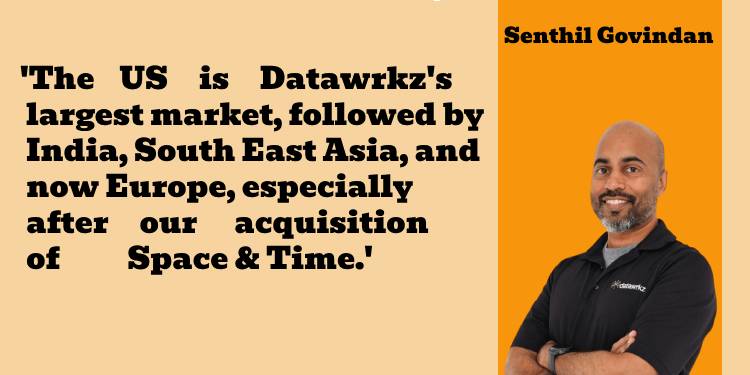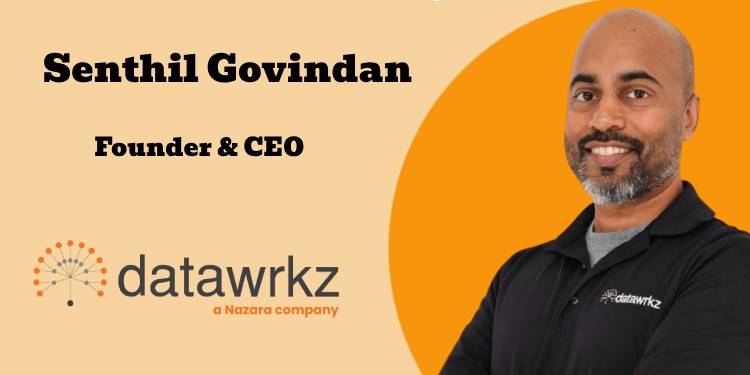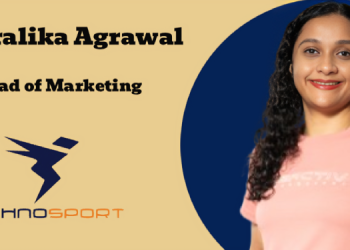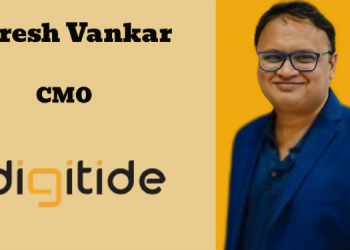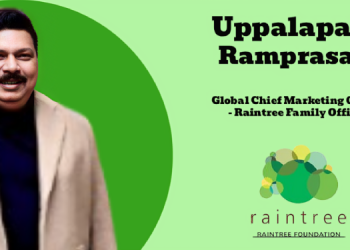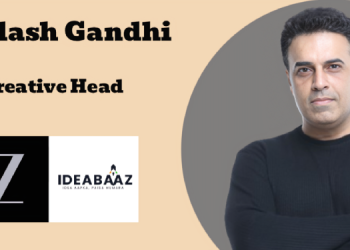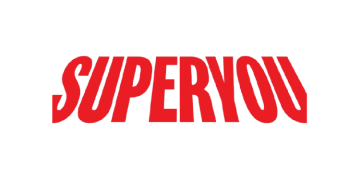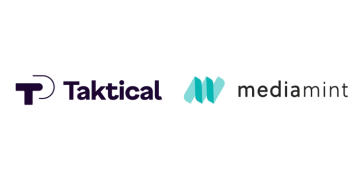Now, with more than 200 adtech and media buying professionals, Datawrkz delivers incredible digital advertising outcomes to companies all over the world, through specialised technology, expertise and a relentless focus on outcomes.
With a multi-platform analytics-based approach to drive results in all digital formats, including Connected TV/OTT, Search, Social, Digital OOH, Video, Audio and Display, we offer brands and agencies around the worl extraordinary digital advertising performance.
Datawrkz has offices in the US, UK, India and Singapore.
Medianews4u.com caught up with Senthil Govindan, founder and CEO, Datawrkz
Q. Two years back Nazara acquired a 55 percent stake in Datawrkz. How has that helped the agency expand?
Nazara’s backing has helped Datawrkz expand in the gaming and app verticals in all three aspects of DW’s business – media buying, products and technology, and ad monetisation. In addition, the guidance provided by Nazara has been important to help shape DW’s inorganic expansion strategy, of which the recent Space & Time acquisition is the first step
Q. Nazara is looking to build strong gaming ad tech offerings globally with the partnership with Datawrkz. What does this entail?
DW has been working with both commercial and product teams in other Nazara subsidiaries. This has allowed both the adtech team in DW and the product/commercial teams in the gaming subsidiaries to collaborate closely on best practices to drive user acqusiition and ad monetisation. DW is then able to centralise and share this adtech knowledge with other Nazara subsidiaries on either an execution or advisory basis. In parallel, this allows DW to take these best practices to other clients in the global gaming sector while also evaluating the potential to productise some of these learnings.
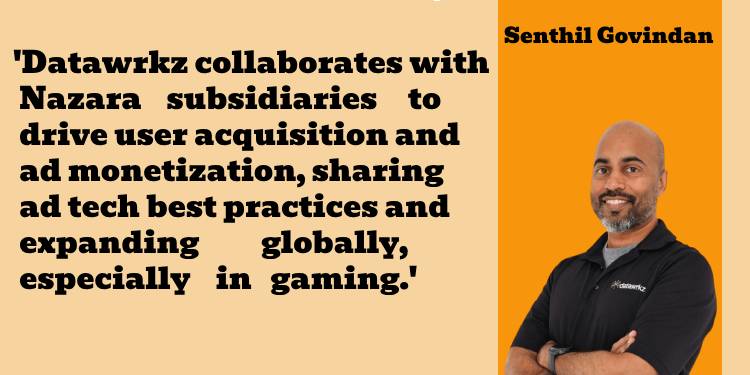
Q. Are organic and inorganic growth opportunities like acquiring Space And Time both equally important for Datawrkz?
Absolutely. While Datawrkz will continue to focus on strong organic growth, acquisitions like Space & Time help us scale in a shorter timeframe than DW would have been able to achieve independently. The ability to expand to new geographies and verticals through the acquisitions allow DW to avoid the learning pains of having to start from the ground up
Q. What made Space And Time an attractive buy? Are there other attractive opportunities in the market?
Space & Time was attractive for multiple reasons. The agency is well established and a respected player in the UK market, giving DW an immediate foothold in the European region. They have some verticals that they have deep expertise, and this learning can be leveraged by DW in other geographies such as the US where DW is stronger. Importantly, they have a strong management team that is aligned with DW’s vision and able to execute on the joint plans for the future.
There are many similar opportunities in the market across North America, Europe, and ANZ. DW will vet these opportunities to find the right acquisitions to make in the future to continue the inorganic expansion approach.
Q. What trends are being seen in ad tech? How is Datawrkz leveraging them?
While the duopoly of Google and Meta (Facebook/Instagram) have been known in the adtech world for quite a while, Amazon’s advertising platforms have made a large splash over the past few years. Datawrkz has been helping clients incorporate Amazon in their advertising strategy for over two years now and is on the forefront of this new development
The cookieless paradigm that was envisioned due to deprecation of third party cookies in Chrome has been put on hold by Google. However, DW has continued to look at various cookieless options for driving value for their clients. One such product is in an alpha phase and has the potential to change the way in which offline retailers measure advertising results.
Another trend that bubbled up due to the potential loss of third party cookies is econometric modeling – essentially an approach to measuring the effectiveness of advertising by using data science techniques. Datawrkz has been experimenting with this approach and is seeing interesting initial results. As the internal capabilities mature, they will be deployed across a wider base of interested clients, including at Space & Time.
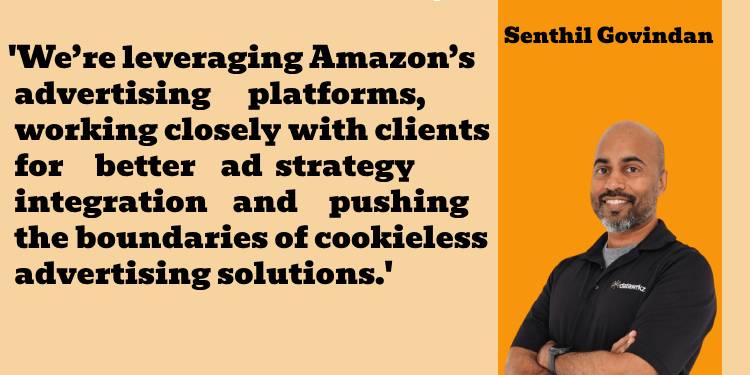
Q. What growth in programmatic advertising is being seen? Will India follow the West in this regard?
Programmatic advertising has been growing rapidly for quite some time now – both globally and in India. In the West, clients tend to look at a full funnel approach where they evaluate the ROAS (Return On Ad Spend) of the advertising budget that is deployed across channels. This allows for measurement of the complete impact of programmatic advertising, which is used to get potential customers into the purchasing funnel. Such an approach also allows for cross-channel analytics and optimisation across any platforms where ads might be running – Google Search, Meta, Snapchat, Tiktok, LinkedIn, Snapchat etc.
In India, many clients are focussed on channel-specific ROI which constrains their ability to measure the interplay between advertising channels in generating interest and purchase behaviour. This leads to separate buckets being set up for “awareness” (primarily programmatic) and “performance” budgets and so the full potential of programmatic advertising in driving revenue for the brand is not leveraged. We are now seeing that some of the more mature advertisers are open to looking at a holisitic ROAS-based approach in India. As this trend picks up, programmatic advertising will start to grow much faster in the region.
Q. Is the ad tech tax a challenge for the growth of programmatic where there is lack of clarity on how much of an advertisers money reaches the concerned publisher and the uncertainty over ROI? Are there too many intermediaries each of whom takes their cut?
This is an issue around the world and the existence of multiple intermediaries – some of whom might not be known – leads to the problem of adtech tax mentioned. DW’s approach is to attack this in multiple ways. First, we ensure direct line of sight to publishers which allows us to ensure that spurious actors who might be reselling the publisher’s inventory are cut out of the mix and also drastically reduces fraud in the system.
Second, we critically evaluate the effectiveness of any third party adtech tool that we leverage on behalf of a client. If the additional cost is not leading to commensurate value, we eliminate the product. Third, we work backwards from results, thus constantly focussing on eliminating inefficiencies.
In India, things are made worse by programmatic advertising being siloed in the “awareness” bucket. Due to this, brands and agencies are often not incented to look for metrics that will highlight the performance of the channel, thus preventing inefficiencies from being weeded out.
Q. What role is AI playing for Datawrkz?
The rapid growth and improvement of AI tools has led to exciting opportunities in all industries and Datawrkz is no exception. Generative AI tools are being leveraged for ad copy generation to accelerate rapid iteration of creative concepts that make sense for a client.
Ideas for keywords targetting are being generated through Gen AI that exceed Google’s recommendations. We’re even using AI to provide a guiding hand for building media plans! There are some ideas at the concept stage that are currently being fleshed out to weave AI through the products that Datawrkz has.
Q. Could you shed light on the specialist ad inventory and revenue optimisation solutions for publishers that Datawrkz offers?
Through the Mediawrkz arm, Datawrkz helps publishers maximise the revenue obtained from the visitor traffic on their websites. This consists of a combination of Yield Management services and technology products that Mediawrkz has built over the course of time. Mediawrkz’s technology stack includes proprietary tech that covers Header Bidding, a Rich Media ad suite, a Customer Data Platform, an Analytics tool for publishers to review their performance and obtain insights, and in-house Yield Management algorithms that have evolved from our years of hands-on experience. For smaller publishers, we provide a Self-Serve interface to onboard and access demand from our multiple partners
Q. How has its subsidiary Mediawrkz grown its partnership with Google that resulted in it getting the Google Certified Publishing Partner recognition last year?
As quickly as the adtech industry evolves, the publisher side (or supply side, in industry jargon) of adtech is a petri dish that is in constant experimentation mode. The Mediawrkz team is always conceptualizing, testing, and enhancing/discarding new approaches to increase publisher revenue. Our relationship with Google started just a few months after the company was founded in 2013 and has witnessed steady growth since then.
This partnership is definitely beneficial for Mediawrkz and our publishers. While I don’t want to speak for Google, in my view, a combination of our thought leadership, proven expertise, scale, and pace of growth is likely what contributed to Mediawrkz being selected as a Google Certified Publishing Partner.
Q. When Facebook and Google change their algorithms does it pose a challenge for advertisers? News sites like Buzzfeed have been badly hit by this.
Given how ubiquitous both platforms are, any change in their algos, however benign in intent, will definitely impact their stakeholders – whether advertisers or publishers. For clients who push the envelope to exploit a certain facet of the algorithm to grow rapidly, the sudden change can be felt even more acutely.
This is why at Datawrkz we always try to use a mix of tactics and platforms to deliver results rather than becoming a one-trick pony. While a (white hat) hacker mentality is critical in this space, it is equally essential to understand the downside risk and possible hole in the business that might arise because of overdependence.
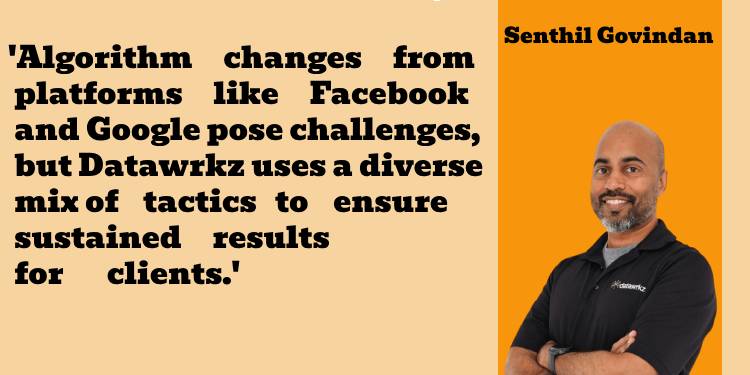
Q. Will the Google adtech trial allow people to better understand how the system works? Will it bring in more transparency and accountability?
I definitely feel that the trial and ensuing curiosity has given more marketing professionals exposure to the adtech space. To the extent that this curiosity grows and encourages people to ask the right questions of their partners, I think it’s a positive.
My hope is that this increase in curiosity leads more advertisers to demand accountability from their partners and scrutinise inappropriate practices across the adtech ecosystem. At Datawrkz, given that transparency is a core part of our culture and how we work with our clients, we would welcome such a shift.
Q. Besides India which are the other important markets for Datawrkz like the US?
The US is actually Datawrkz’s largest market. We have been working with clients in the US for the past 8 years and from a region standpoint, it is the largest contributor to our revenues. India is the next largest, followed by South East Asia. With the acquisition of Space & Time, Europe is now in play as well as one of our most important markets.
